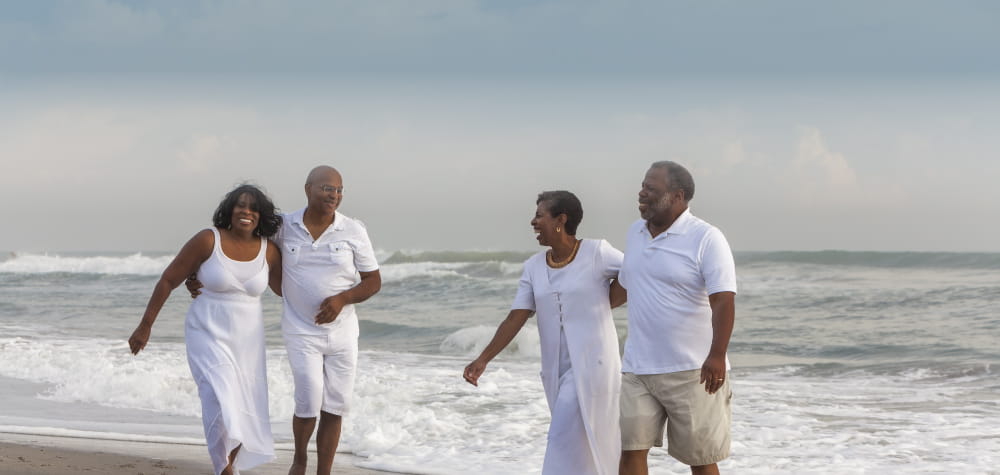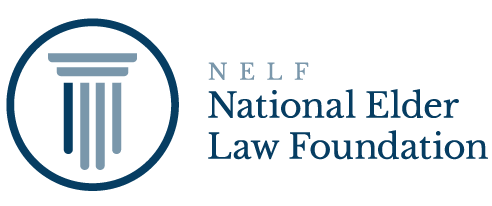Veterans Benefits
What Are Veterans Benefits?
Veterans benefits are universally perceived as well-earned by those who served in the U.S. armed forces in any capacity. But accessing the full range of benefits available to veterans can be difficult, especially for an older veteran who may not have the assistance of close family members.
While some veterans know about some of the benefits to which they are entitled, you might be surprised that other benefits exist. Here are some of the veterans’ benefits you should know about:
- Disability Compensation
- Disability Pension
- Aid and Attendance (Three Year Look Back)
- Adult Day Care
- Respite Care
- Healthcare Plan

Veterans Benefits
Disability Compensation: This is perhaps the best known of the veterans’ benefits as it provides financial compensation to those who suffered disabling injury or developed disease while on active service. The amount of compensation will depend on the percentage of disability assessed by the Veterans Administration (VA).
Disability Pension Benefit: Less known to most people is the Disability Pension benefit which is payable to veterans who are unable to work due to disability not necessarily service related. The benefit is available to any veteran who enlisted prior to September 7, 1980 and served a minimum of 90 days with at least one day during a period of war. Any discharge other than dishonorable is acceptable.
Aid and Attendance: Among the least known benefit available to veterans is one that provides funds to pay for the service of an in-home attendant to assist the veteran with daily activities. The value of the benefit provided by the program varies depending on the amount the veteran receives in the pension benefit. Aid and attendance could pay up to $2,800 per month for qualified veterans meeting income criteria. Those vets living in assisted living facilities are presumed to be in need.
Adult Day Care: For veterans enrolled in the Veterans Healthcare Plan, adult day care is available to provide the level of care required. That care ranges from social engagement to more advanced healthcare needs. Some co-pay may be required depending on the veteran’s degree of disability and relatedness to service.
Respite Care: Respite care is a VA program for wounded veterans who are being cared for at home by family members on a personal basis rather than by professional, paid caregivers. Families caring for veterans whose injuries are severe can become exhausted, depressed, and worn down from the work required to care for their loved one. Respite care will pay for professional caregiver to take over for a period of time to give the family caregiver “a break” they may need desperately to remain physically and mentally healthy.
Long-Term Care: Veterans enrolled in the VA Healthcare plan can be eligible for the VA to provide substantial payments toward the cost of long-term care. The amount of the coverage will depend on the veteran’s need, the degree of their disability and its relatedness to their service, other insurance, and other factors.
Accessing These and Other VA Benefits with the Help of an Elder Law Attorney
Whether you need help accessing VA benefits for yourself or for a family member, you need not attempt to navigate the VA bureaucracy alone. Part of the daily work of a Certified Elder Law Attorney (CELA) is facilitating the connection between elders and available services.
Planning to maintain maximum eligibility for VA and other federal and state benefits will preserve and protect your financial resources and enable you enjoy your elder years with comfort, and dignity.

